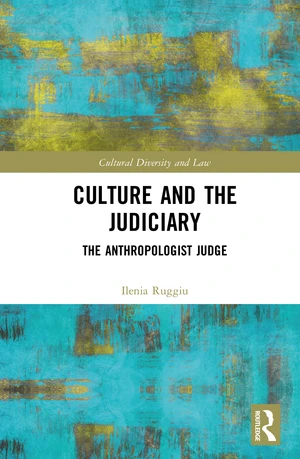How can jurists resolve multicultural conflicts? Which kind of questions should judges ask when culture enters the horizon of the law? Are they then called to become anthropologists? Through the analysis of hundreds of cases produced through decades of multicultural jurisprudence, this book reconstructs the constitutional and anthropological narratives and the legal techniques used by Western judges to face the challenges posed by multiculturalism: from Japanese parentâchild suicide to the burqa, from Jewish circumcision to Roma begging, from kissing a son on his genitals to the claim of indigenous people to fish salmon in natural parks, the book brings the reader into a fascinating journey at the crux of the encounter between the relativism of anthropology and the endeavor toward a democratic coexistence pursued by the law. After identifying the recurrent themes or topoi used by judges and lawyers, this book critically analyzes them, evaluates their persuasive power and suggests a "cultural test" that gathers together the crucial questions to be answered when resolving a multicultural dispute. The "cultural test" is a matrix that guides the judge, lawyers and legislatures across the intricate paths of multiculturalism, to assure a relational dialogue between the law and anthropology.
Price history
Oct 25, 2021
€41.90

